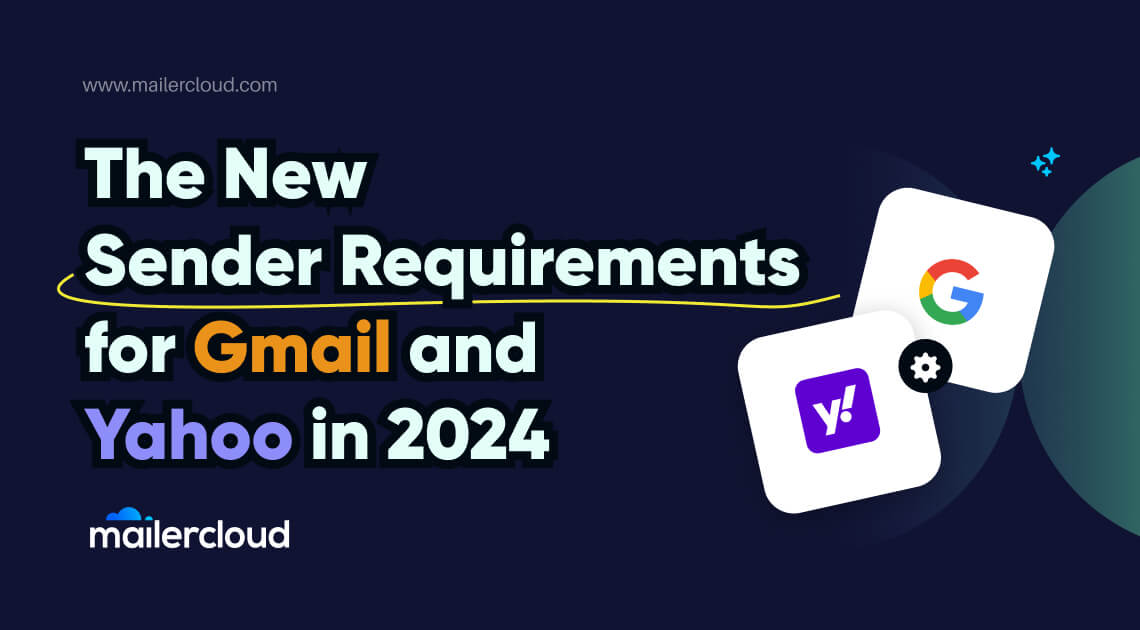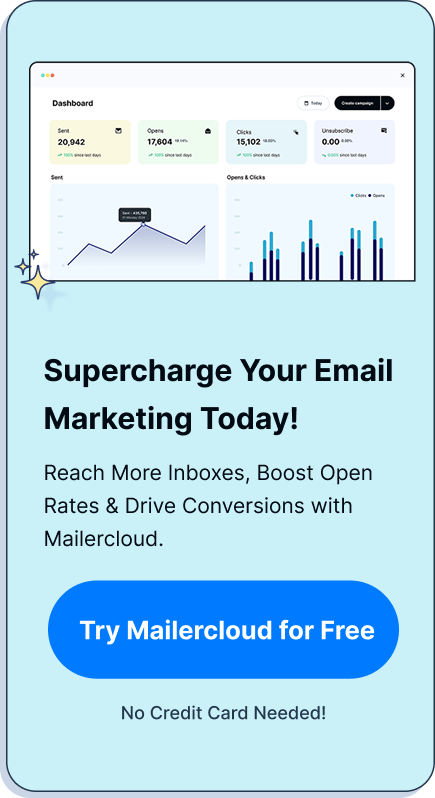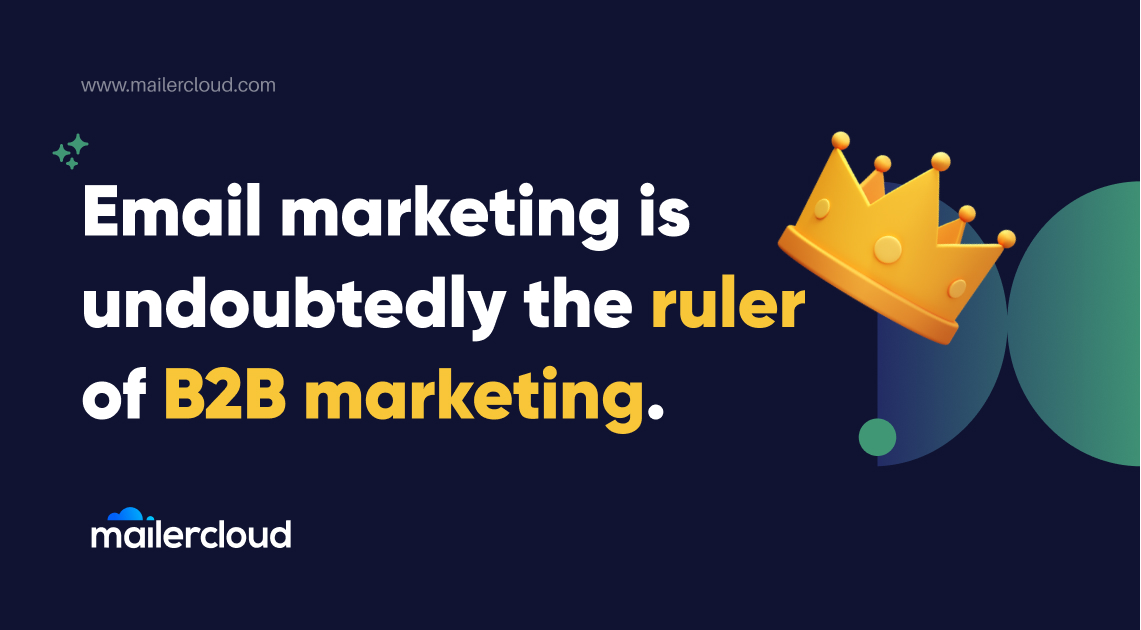The digital landscape is constantly evolving, and staying ahead of the curve is essential for anyone looking to secure their spot in the inboxes of Gmail and Yahoo users. With latest sender requirements rolled out, understanding the complexities of email verification and authentication, email deliverability, spam rate and sender reputation has never been more crucial. This article is a must-read as we delve into the latest requirements from Gmail and Yahoo and provide actionable insights to ensure your emails not only reach the inbox but also resonate with recipients.
Table of Contents
What Are the New Sender Requirements for Gmail and Yahoo in 2024?
Email service providers like Gmail and Yahoo have introduced a new set of requirements aimed at enhancing the security and deliverability of emails. These requirements are designed to prevent spam and protect email recipients from malicious senders. If you’re a bulk sender or manage email marketing campaigns, it’s essential to familiarize yourself with these changes.
The requirements focus on implementing robust email verification protocols to prevent email spoofing. In 2024, senders must ensure they are compliant with these standards to maintain their ability to send emails to users of these platforms.
List of Requirements For Gmail:
- SPF (Sender Policy Framework): Senders need a Sender Policy Framework record published for their domain to prevent spoofing and to ensure that Gmail can identify the domain as legitimate.
- DKIM (DomainKeys Identified Mail): This is an authentication method that allows a sender to associate a domain name with an email message, thus vouching for its authenticity.
- DMARC (Domain-based Message Authentication, Reporting & Conformance): DMARC uses Sender Policy Framework and DKIM to determine the authenticity of an email message. It also instructs email providers on what to do if neither of those authentication methods passes – either quarantine the message or reject it outright.
- TLS (Transport Layer Security): Gmail recommends using TLS to encrypt emails in transit.
- Avoidance of spam-like characteristics: Content that is typically associated with spam should be avoided. This includes misleading subject lines, email headers, excessive use of links or images, and poor-quality content.
Yahoo’s New Sender Requirements:
- SPF: Like Gmail, Yahoo also recommends the use of SPF records for your sending domains.
- DKIM: Yahoo advises senders to sign their emails with DKIM to reduce the chance of their messages being marked as spam.
- DMARC: Implementing DMARC policies can help protect your domain from unauthorized use and can help Yahoo handle your emails as you intend.
- Engagement: Yahoo has been known to factor sender reputation heavily, which includes how inboxes interact with your new yahoo email. High levels of engagement (opens, clicks) can improve deliverability, while low engagement can harm it.
- Consistent Sending IP Addresses: It’s important to maintain consistent IP addresses for sending mail, as frequent changes can trigger spam filters.
Why Is Email Authentication Critical for Deliverability?
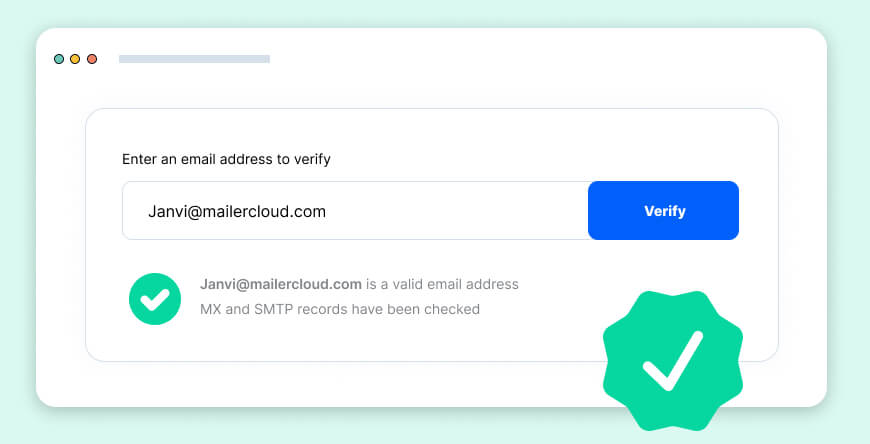
Authentication acts as a digital signature, verifying that the sender is who they claim to be. This process helps inbox providers like Gmail and Yahoos email distinguish legitimate senders from those attempting to distribute spam or phishing attacks. This verification process is akin to earning a trusted status, much like a gmail blue tick might symbolize a verified and trustworthy account. Email authentication requirements include mechanisms such as Sender Policy Framework and DomainKeys Identified Mail, which will be discussed in detail later.
For new gmail senders, understanding and implementing these authentication practices is key to achieving high deliverability rates. Without proper authentication, emails may end up in spam folders or be blocked entirely.
How Can DMARC Improve Your Email Security?

DMARC (Domain-based Message Authentication, Reporting, and Conformance) is an email validation system that protects your domain from unauthorized use, such as phishing scams and spoofing. It works by aligning Sender Policy Framework and DKIM authentication mechanisms with a published policy that specifies how receiving email systems should handle non-compliant emails.
Publishing a DMARC policy record is now a requirement for sending domains targeting Yahoo and Gmail users. This policy not only secures your email channel but also builds trust with your recipients by assuring them that the messages they receive are safe.
What Is the Impact of Sender Reputation on Deliverability?
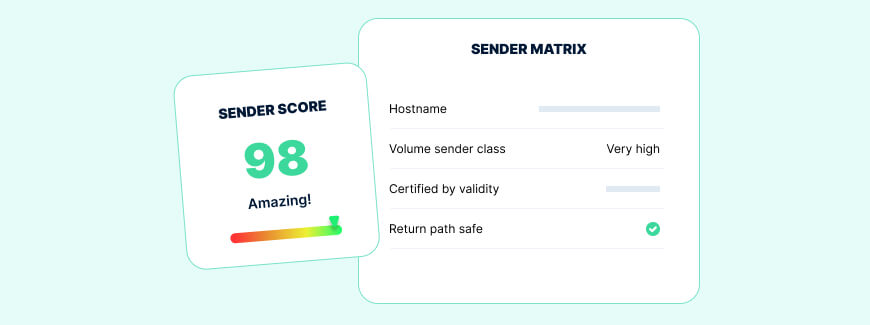
Sender reputation is a score assigned by email deliverability providers to evaluate the trustworthiness of an email domain. Factors that influence this score include spam complaint rates, sending volume, and whether your domain follows best practices for email verification.
In 2024, having a good sender reputation is more critical than ever for ensuring your emails reach their intended inboxes. Yahoo and Gmail use this reputation to decide if your emails should be delivered or filtered as spam.
Why Are DKIM and SPF Essential for Email Senders?
DKIM adds a digital signature to your emails, allowing recipient servers to verify that the message hasn’t been tampered with in transit. SPF on the other hand, validates that emails sent from a domain are authorized by that domain’s administrators.
Together, DKIM and Gmail SPF form the foundation of a strong email verification strategy that is essential for any sender looking to comply with the new requirements.
How to Maintain Low Spam Complaint Rates?
Spam rates can significantly affect your reputation. To maintain low rates, it’s crucial to ensure that your email list consists of engaged subscribers who have opted in to receive communications from you.
Implementing a one-click unsubscribe feature or a clearly visible unsubscribe link can also help reduce spam complaints, as it allows users to easily opt out of receiving future emails rather than marking your messages as spam.
Best Practices for New Senders to Meet Sending Requirements
Senders, especially new must be diligent in following the latest best practices to meet sending requirements. This includes regularly updating authentication records, monitoring sender reputation, and adhering to email marketing guidelines.
Using a reputable email service provider like Mailercloud, can also assist in managing these requirements effectively.
- Start With a Solid Foundation
- Warm Up Your IP Address
- Maintain List Hygiene
- Relevant Content
- Test and Optimize
- Monitor Performance / Track Metrics
- Understand Regulations
- Include Unsubscribe Options
- Establish a Good Reputation
What Sending Domains Need to Know About DNS and Email Authentication
The Domain Name System (DNS) plays a vital role in email authentication. Senders should understand how to publish a DMARC record ,SPF and DKIM in their DNS settings to authenticate their emails.
Proper DNS configuration ensures that emails are delivered securely and are less likely to be flagged as spam by inbox providers.
How to Send with Confidence: Ensuring Compliance with New Email Standards
Compliance with the latest email standards requires attention to detail and an understanding of the technical aspects of email delivery. Senders must regularly review and update their practices to align with the evolving requirements of Yahoo mail and Gmail. By following the guidelines outlined in this article, senders can send with confidence, knowing their emails are secure, compliant, and more likely to be welcomed by inboxes.
Key Points to Remember:
- Understand and comply with the latest requirements for Google and Yahoo email to ensure deliverability.
- Email verification through Sender Policy Framework, DKIM, and DMARC is necessary to secure your emails and protect your reputation.
- Maintain a good reputation by keeping spam rates low and following best practices.
- Ensure there is a visible and accessible unsubscribe link in the message in all commercial emails.
- Regularly update DNS settings for proper email verification and delivery.
- Stay informed about new rules and adapt your email strategies accordingly to maintain compliance and secure email communication.
Lina is a content writer with a passion for reading, writing, and cooking. She aims to explore the world of words and flavors. With a deep love for literature and a knack for creating mouthwatering recipes, she strive to engage and inspire others through her work.





























